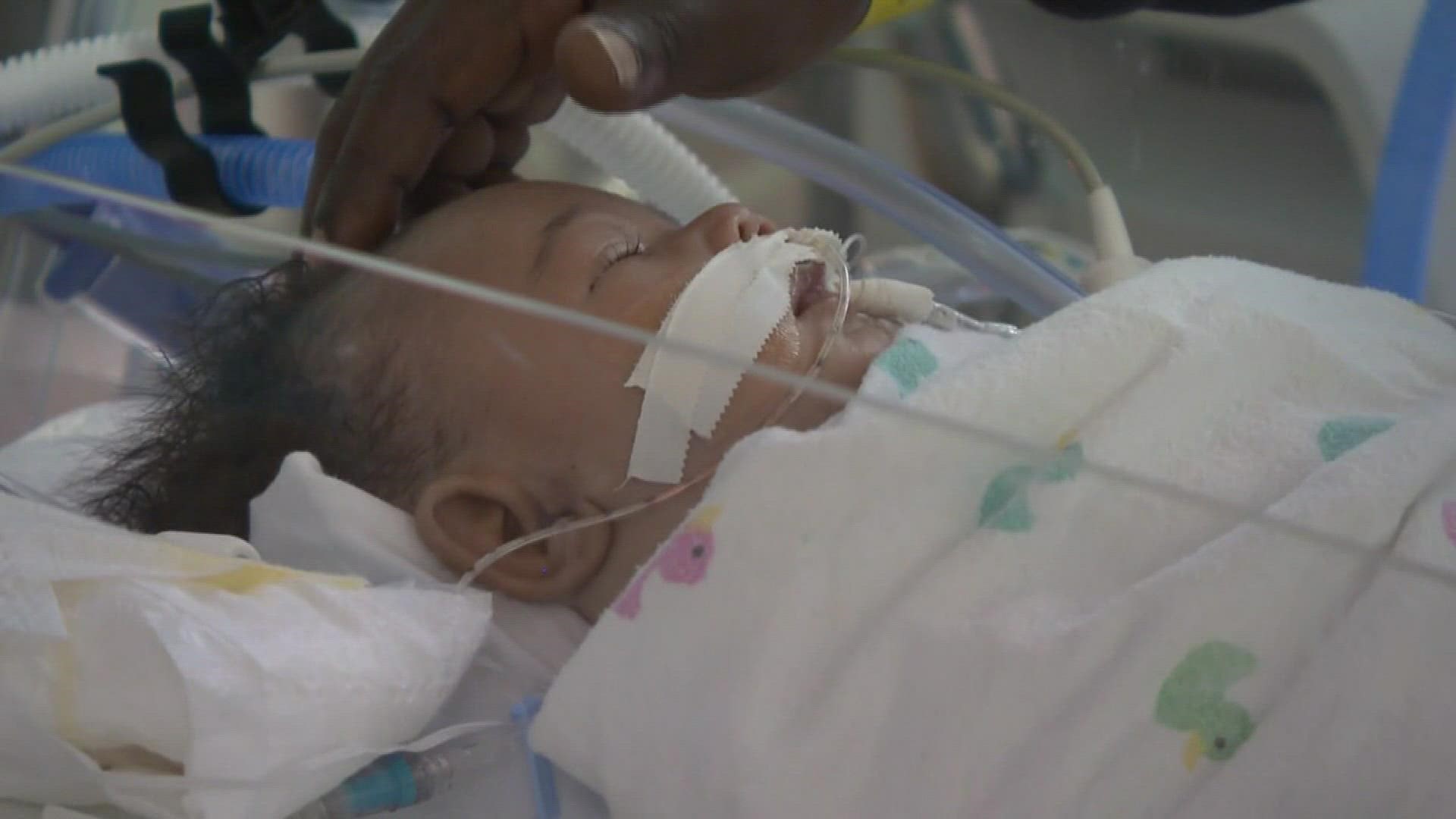BEAUMONT, Texas — A vaccine is in the works to keep kids safe from Respiratory syncytial virus (RSV).
Every year, more than 2 million children under the age of 5 end up in the hospital with the respiratory virus.
Now, pharmaceutical industry company Pfizer is showing promising results for a possible vaccine.
This announcement comes at a time when RSV cases are on the rise around the country and at pediatric hospitals in Southeast Texas.
A few weeks ago, Dr. Ali Osman with Baptist Hospitals of Southeast Texas said they had a shortage of RSV tests and couldn't keep up with the demand of babies coming to the emergency room.
They've now caught up on supplies, but are still seeing an increase in cases, which is no surprise this time of year.
"Over the last few weeks now all the respiratory infections and numbers has jumped up, sometimes 40% sometimes 90% few days we run out of testing in the area and actually there was a nationwide shortage of the testing," Dr. Osman said.
Pfizer’s RSV vaccine would be administered to pregnant women in the third trimester, who then make antibodies that cross the placenta and protect the baby after birth.
"The vaccine when given to pregnant women, protected their babies from getting severe RSV up to 80% in the first three months of life and 70% up to six years when these babies are most vulnerable," said Dr. Carol Kao, who oversaw the vaccine's clinical trial at Washington University in Missouri.
Dr. Kao says the trials started in June 2020.
"We followed the moms for 6 months and we followed the babies for at least one year," she said.
Pfizer plans to request approval from the Food and Drug Administration for the vaccine by the end of 2022.
The goal is to reduce the number of babies who contract the virus.
"Kids get shorter breaths, cough congestion is normal but sometimes the way they breathe is called retraction. You can see their ribs they are using sometimes they're stomach to breathe so, that's concerning," said Dr. Osman.
Dr. Osman says although it's rare, in severe cases, kids end up on ventilators and have to be flown to the intensive care unit at the Texas Children's Hospital in Houston.
If the FDA approves the vaccine, experts say shots may not go into children's arms until next winter, leaving room for another dangerous RSV season ahead.

